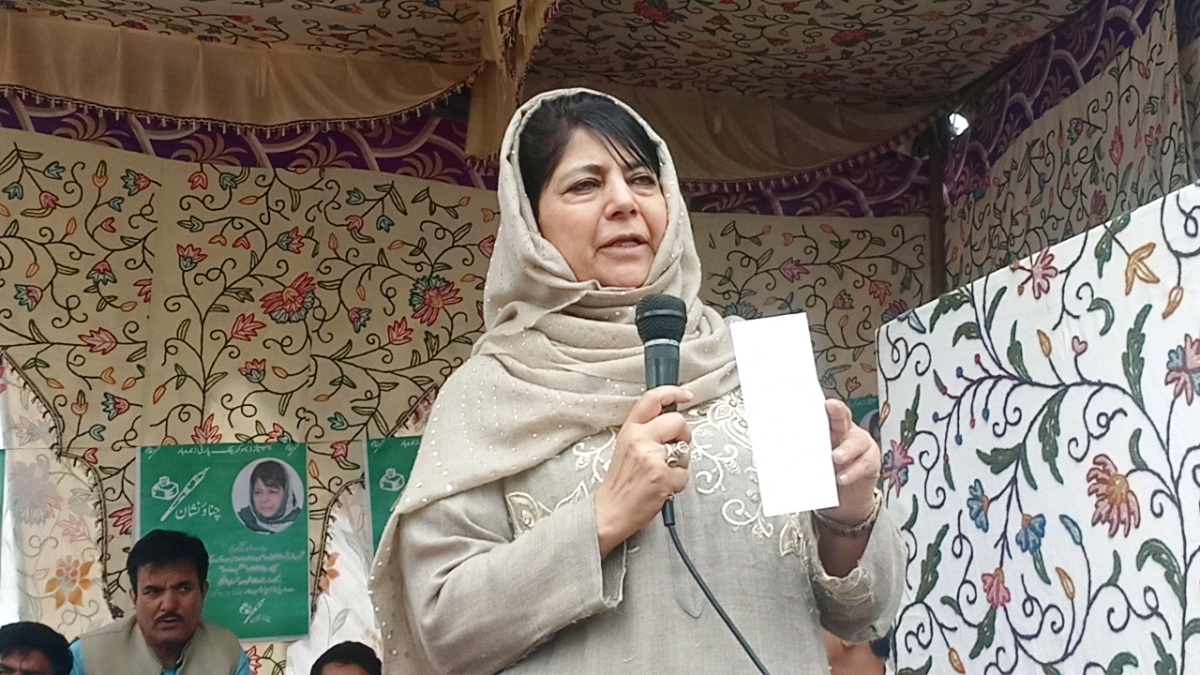SRINAGAR: The Crime Branch of the Jammu and Kashmir police took a significant step on Wednesday, filing a chargesheet against nine individuals, which includes five former officials from the irrigation department. These individuals are accused of encroaching upon a piece of state land and subsequently constructing a building and establishing a petrol pump on the disputed property.
According to a spokesperson, the Economic Offences Wing of the Crime Branch Jammu submitted the chargesheet to a court, invoking various sections of the Ranbir Penal Code and the Prevention of Corruption Act. The spokesperson emphasised that all nine accused had been named in an FIR that was initially registered in 2016.
The five former officials from the Akhnoor division of the irrigation department were identified as follows; former executive engineer Jai Paul, former assistant executive engineer Ashok Nanda, Krishan Lal, Baldev Singh, and Randeep Singh. It is important to note that all five individuals were serving in the irrigation department at the time when the alleged encroachment occurred.
Furthermore, the chargesheet was also filed against the alleged beneficiaries of the encroached land, namely Swarn Singh and his son Manjeet Singh, as well as Guldev Raj and the late Jagat Ram. The spokesperson stated that a written complaint was lodged by Aman Choudhary, who alleged that Manjeet and his father Swarn, residents of Jourian area in Jammu, collaborated with concerned officials to encroach upon the irrigation department’s land and construct a building on it. Subsequently, they rented the building to a bank and set up a petrol pump on an 11-marla portion of state land.
The complainant further contended that the accused had obtained a fake and fraudulent title over the land with the intention of causing wrongful loss to the state. In response to the complaint, a preliminary verification was initiated with the prior approval of Jammu and Kashmir’s crime branch headquarters.
During the course of the investigation, the allegations were prima facie established, leading to the formal registration of a case. The spokesperson added that the investigation involved the collection of documentary and oral evidence, as well as circumstantial evidence.















